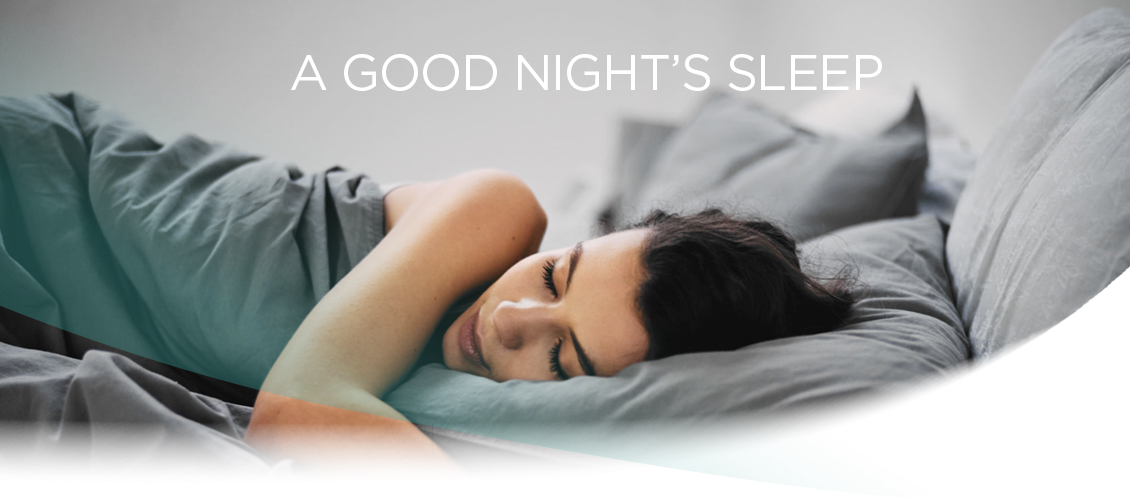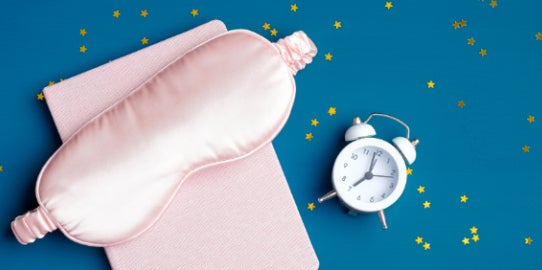

Along with a nutritious diet and regular exercise, sleep is one of the pillars of health – and something we spend about a third of our lives doing! In these precious hours of sleep, our body and brain can repair and rejuvenate, whilst conserving energy for the day ahead.
Optimal sleep is essential for healthy brain function supporting our memory, learning and concentration as well as emotional wellbeing. A refreshing night’s sleep can also help to support a healthy weight by balancing your hunger hormones, promoting a strong immune system, protecting against inflammation, and sustaining a healthy cardiovascular system – to name but a few! Sleep deficiency is linked to a myriad of chronic health conditions, and yet getting our 7-9 hours is often overlooked… so now is the time to give sleep the attention it deserves, which is why we’ve put together this handy sleep guide.
FAQ
Our nutritional therapists have answered the most common questions we get asked. If you need further information, please contact our nutrition team via email nutrition@cytoplan.co.uk


Q: My teenage daughter is very stressed at school and it’s affecting her sleep – is there anything I can do to help her?
Sleep deprivation can have a huge impact on emotional wellbeing, and this is especially true in adolescents. In the teenage years, sleep make-up changes dramatically to support brain maturation, and changes to a teenager’s body clock will often see them wanting to fall asleep later, so when they have to get up early for school, there is an obvious challenge on both energy levels and cognitive function.
It's a vicious cycle – lack of sleep causes a teenage brain to become more active, and an over-active brain is less able to fall asleep. Encouraging your teen to reduce their time spent on social media, phones and tablets emitting blue light in the hours before bed could improve relaxation – you could also try gradually bringing bedtime a little earlier each week to help increase their sleep time.
Q: I’m waking up frequently through the night which is leaving me exhausted the next day! Is there anything I can do to achieve unbroken sleep?
Stress can play a role in disturbing sleep; when we are stressed, we secrete the hormone cortisol, which can affect melatonin production and our natural circadian rhythm, often leading to sleep disturbance. Adaptogenic herbs, such as Ashwagandha, can help your body adapt to stress and promote restful sleep and you should support your nervous system by ensuring a good level of the B vitamins.
Whilst alcohol can initiate sleep, it causes interruptions and poor-quality sleep so should be avoided before bedtime, along with too many liquids in general, which will cause you to wake throughout the night to go to the loo. Following the sleep hygiene guidelines and creating your own sleep ritual, can, over time, guide your body into a deep, healing sleep.
Q: I’m going through the menopause and my hot flushes and night sweats are keeping me awake – please help!
Research suggests that females are twice as likely to experience sleep disruption and insomnia throughout their lifespan as males – and this is likely to be influenced by various hormonal changes. During menopause our levels of the sex hormones oestrogen and progesterone fall, which can directly affect our sleep cycle, as well as indirectly through symptoms such as night sweats and hot flushes.
A phyto-oestrogen supplement may provide a weak oestrogenic effect and help to support symptoms associated with the drop of oestrogen, and Agnus Castus and Evening Primrose or Starflower oil can help to bring about hormonal balance. Reducing your intake of caffeine and stimulants and reducing sugar and refined carbohydrate intake to balance blood sugar levels can also help to balance your hormones and help you to get a good night’s sleep.
Do you need more support?



